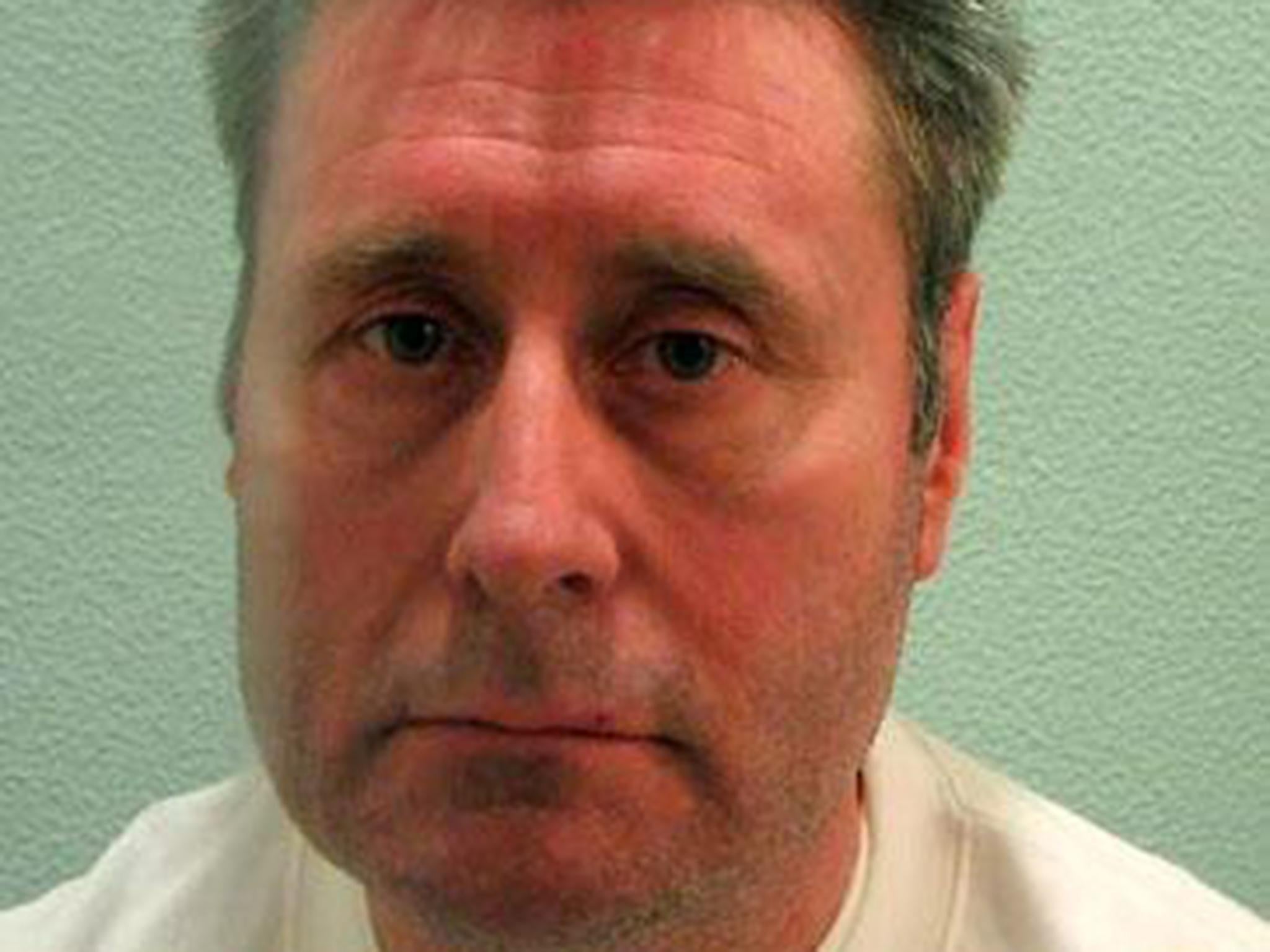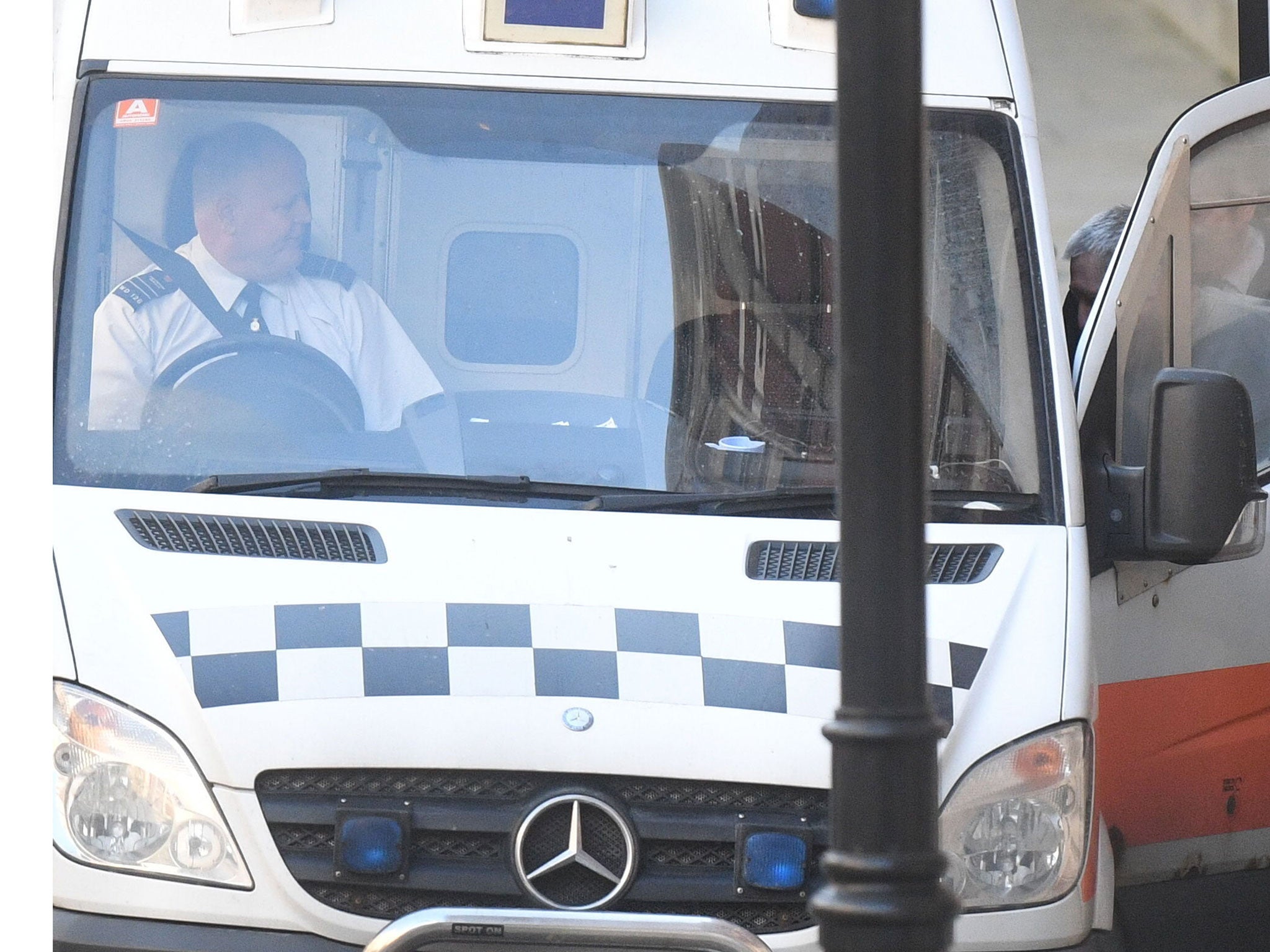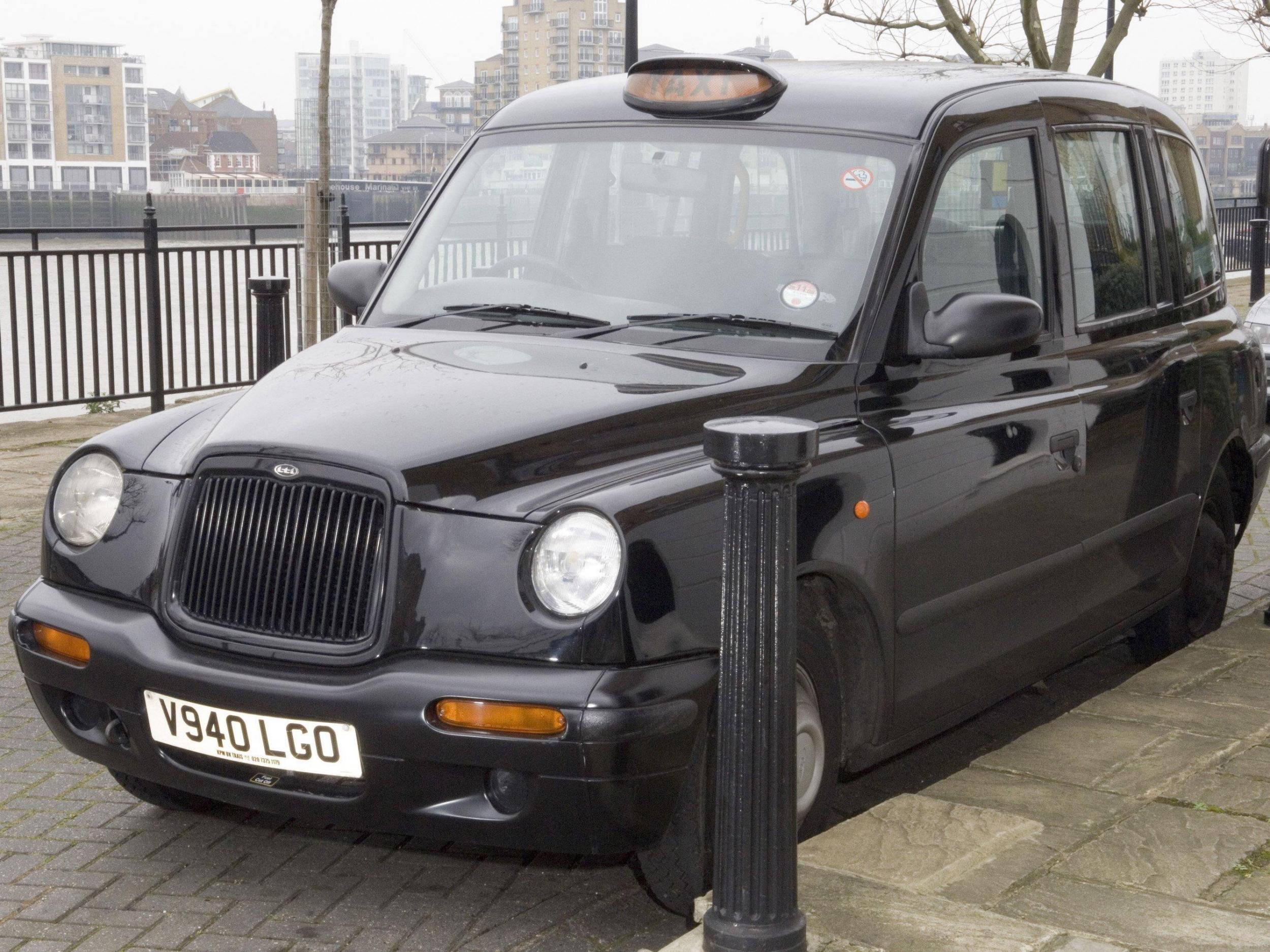John Worboys: Victims granted permission to launch legal challenge against black cab rapist's release
'They bring this challenge because it appears to them it is a case in which something has gone very wrong'

Victims of John Worboys have been granted permission to launch a legal challenge that could prevent the black cab rapist’s release.
They argue the Parole Board’s decision to free the serial sex attacker after serving just nine years of an indefinite term is “irrational” and puts women at risk.
They also say a rule meaning the reasons for its decision cannot be made public violates the principle of open justice.
Sir Brian Leveson and Mr Justice Garnham ruled that judicial review cases brought by two victims and the Mayor of London Sadiq Khan will be linked and will proceed to a full hearing in March.
Sir Brian ordered the Parole Board to disclose the reasons for the decision and a redacted dossier of evidence to parties in the case.
“It is appropriate for permission to grant permission in relation to each of the challenges brought,” he added.
The judges confirmed that a stay put on Worboys’ release by another judge will remain in place.

Phillippa Kaufmann QC, who represents two of Worboys’ victims, told the High Court they were launching the challenge on behalf of the British public.
“They bring this challenge because it appears to them it is a case in which something has gone very wrong,” she said.
“They are very concerned not just for themselves, but for the wider public and women in particular that this decision is properly tested.”
Worboys was unexpectedly brought to the courtroom to hear proceedings due to fears a prison video link could break down, arriving in the barred dock wearing a grey and blue zip-up jumper and flanked by four guards.
A solicitor put himself forward to represent the drawn-looking convict after the judge raised concerns.
When asked if he wanted to say anything against the Parole Board’s dossier of evidence being given to parties, Worboys shook his head and said: “That’s fine.”
Barristers representing the Justice Secretary and Parole Board did not argue against the judicial review going forwards.
One of his victims was in the court throughout the three-hour hearing, with her solicitor saying she found it “very, very difficult” to be in the same room as her abuser.
“She felt it was really necessary to be there and to say she wasn’t going to be frightened of him being there,” said Harriet Wistrich, of Birnberg Peirce.

“We are obviously very pleased that permission has been granted to proceed.
“We are looking forward to being able to understand and scrutinise all the material before the Parole Board, to consider how to bring forward a challenge.”
Mr Khan said victims and “all Londoners” would be relieved at the ruling.
“I’m pleased that there will now be an opportunity for thorough scrutiny of this decision by the Parole Board,” he added.
A separate challenge to the “blanket secrecy” imposed in Parole Board proceedings by Rule 25 is being brought by News Group Newspapers Ltd and will be heard after the judicial review.
David Gauke, the Justice Secretary, has supported an ongoing probe into the “transparency” of the Parole Board and its processes amid widespread outrage over Worboys’ potential release.
The two women bringing the judicial review said they first learned the news through media reports and the case sparked a review of how victims are consulted.
Worboys was convicted of 19 offences against 12 victims in 2009, but has been linked to more than 100 complaints in total.
His convictions included one count of rape, five sexual assaults, one attempted sexual assault and 12 of administering a substance with intent, while police are investigating a fresh allegation of historical sexual assault from 1997.

Lawyers representing 93 women whose allegations did not reach court have called for the Crown Prosecution Service (CPS) to reassess the cases, saying some victims had been told Worboys would “not be coming out for a long time” and so a fresh trial was not necessary.
A woman called Fiona said the police told her she was not “believable” when she reported being raped by Worboys in 2003.
The mother was on her way home to her young baby when she was picked up by his Hackney cab and offered “a very strong orange liqueur”.
“I remember him getting in the back of the cab with me but that was it, that’s all I remember anything other than waking up in hospital the next morning,” she told BBC Radio 4’s Today programme.
“I knew as soon as I woke up that I’d been raped.”
Another woman called Deborah said she was raped by Worboys in the same year after being picked up after a work function.
The mother-of-two remembers the driver claiming he had won the lottery and only has flashbacks of what happened until she woke up the following afternoon.
Deborah said she went to police but was told “he’s already going to prison so just give your statement in”.
“They said the CPS is not going to press charges because he’s already in prison and it’s a waste of public money,” she added.
“It made me suicidal, it made me very, very ill… no woman is safe, no matter where she lives. No one is safe if he’s out there.”
The Government considered launching its own judicial review on the Parole Board’s decision but the Justice Secretary found the move “would not be appropriate” last month.
His announcement sparked renewed efforts by victims, who have crowdfunded more than £62,000 for the case.
In a report released on Wednesday, Dame Glenys Stacey said the procedure as it currently stands had mostly been followed in the Worboys case as only five women had opted into the Victim Contact Scheme.
But she said the “quality of correspondence was poor”, with letters containing errors in victims’ names and addresses and messages inviting them to contribute views for the parole hearing unclear.
Dame Glenys said officials went beyond their responsibility by trying to contact women who had not opted into the scheme but did not leave enough time for them to respond to letters that “lacked clarity and urgency”.
When the decision was made to release Worboys, five women were alerted by the Victim Contact Scheme but the news broke before some of them had received letters and calls.
“Those women not in contact with the scheme – the majority – learnt of the decision through the media,” Dame Glenys said. “All who spoke to us described their shock and distress.”
Mr Gauke said: “I fully accept that there are things we can do much better.
“That’s why we have already changed the letters we send to victims to make them more compassionate, clearer and more informative, but there is more to do. We will take these findings and improve the system.”
Bookmark popover
Removed from bookmarks